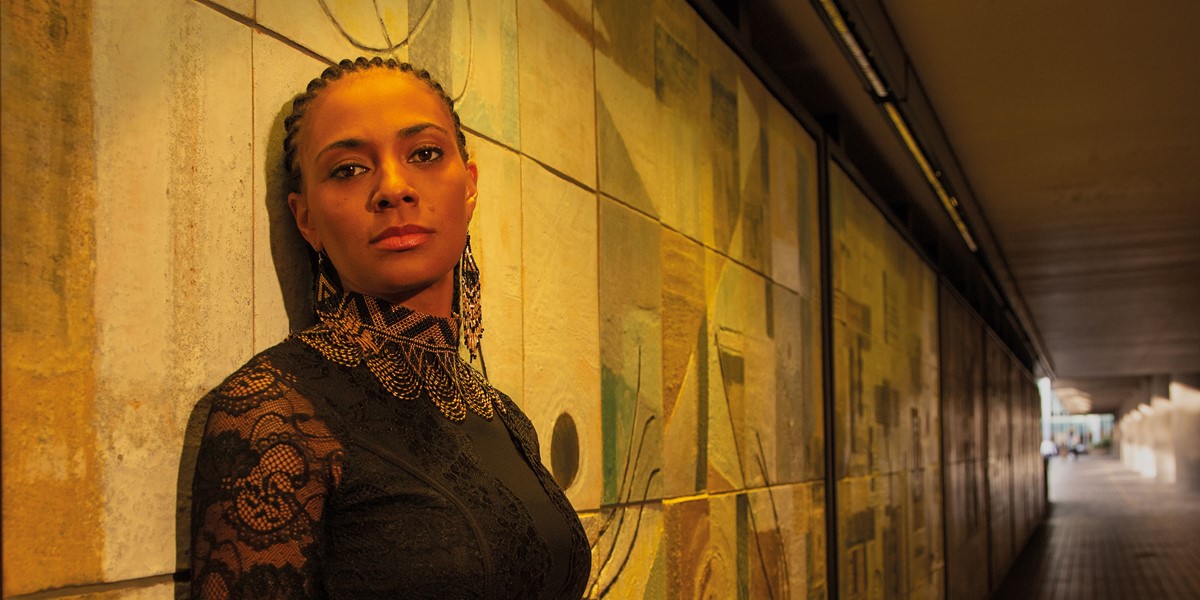Monday, January 17, 2022
Sona Jobarteh interview: “It’s either education or your culture, and that was a big problem for me”
By Lucy Hallam
Gambian kora player Sona Jobarteh speaks to Lucy Hallam about how she is shaking up the continent’s antiquated education system and dragging the griot tradition into the 21st century

Sona Jobarteh (photo: Rob O'Connor)

Register now to continue reading

Thanks for visiting the Songlines website, your guide to an extraordinary world of music and culture. Sign up for a free account now to enjoy:
- Free access to 2 subscriber-only articles and album reviews every month
- Unlimited access to our news and awards pages
- Our regular email newsletters

